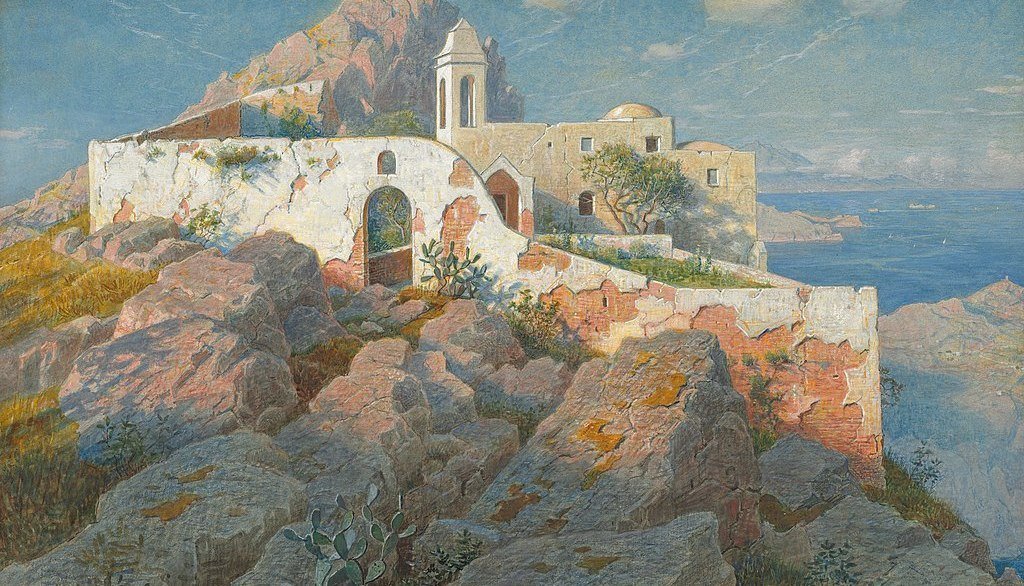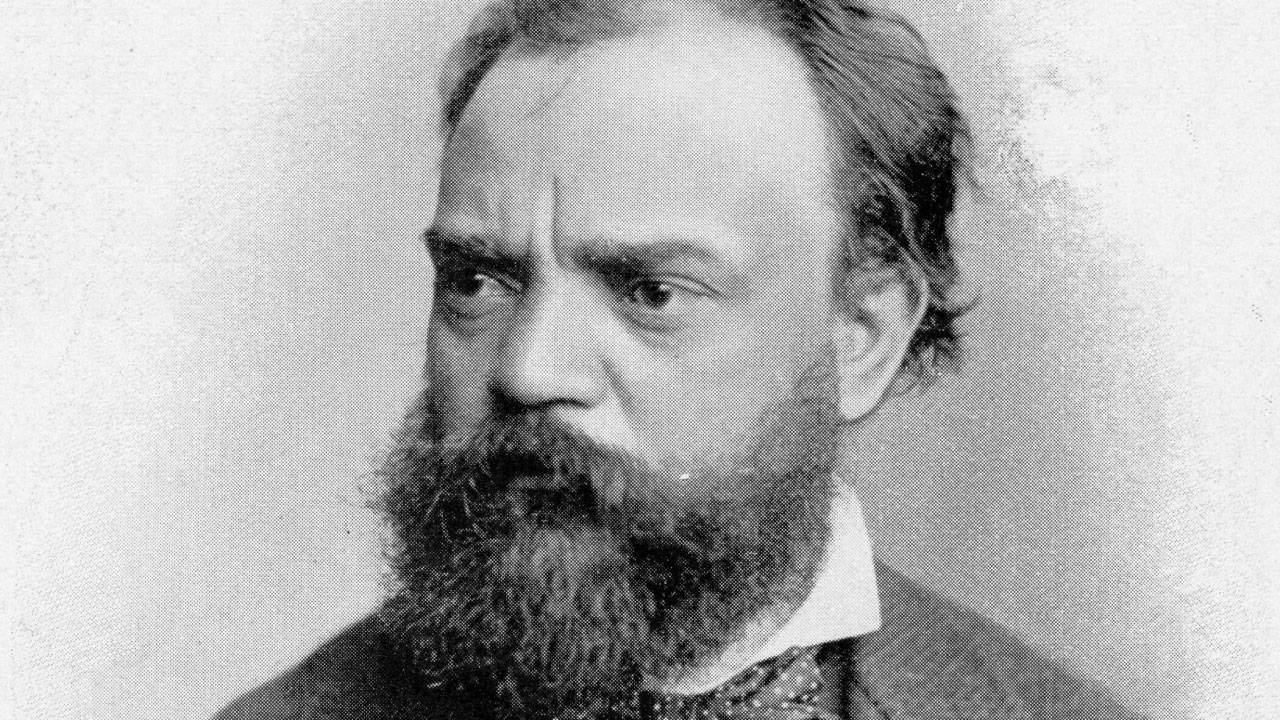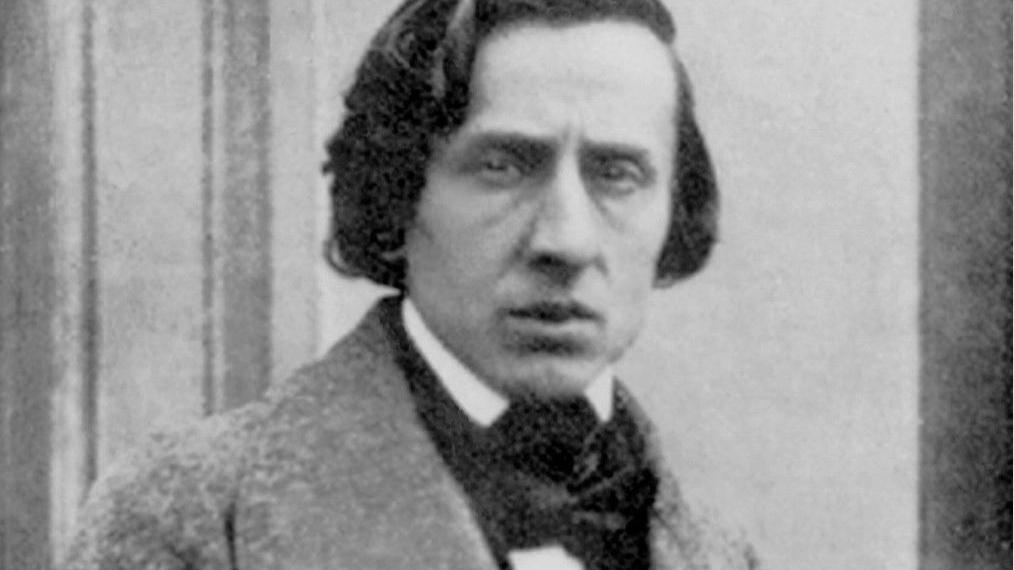Remembering André Watts
André Watts, the celebrated American pianist, has passed away following a battle with prostate cancer. He was 77. At the age of 16, Watts made his national debut, performing Liszt’s Piano Concerto No. 1 in E-flat with Leonard Bernstein and the New York Philharmonic as part of a nationally televised Young People’s Concert. Soon after, Bernstein invited Watts to perform on one of the orchestra’s subscription programs, where he substituted for an …







